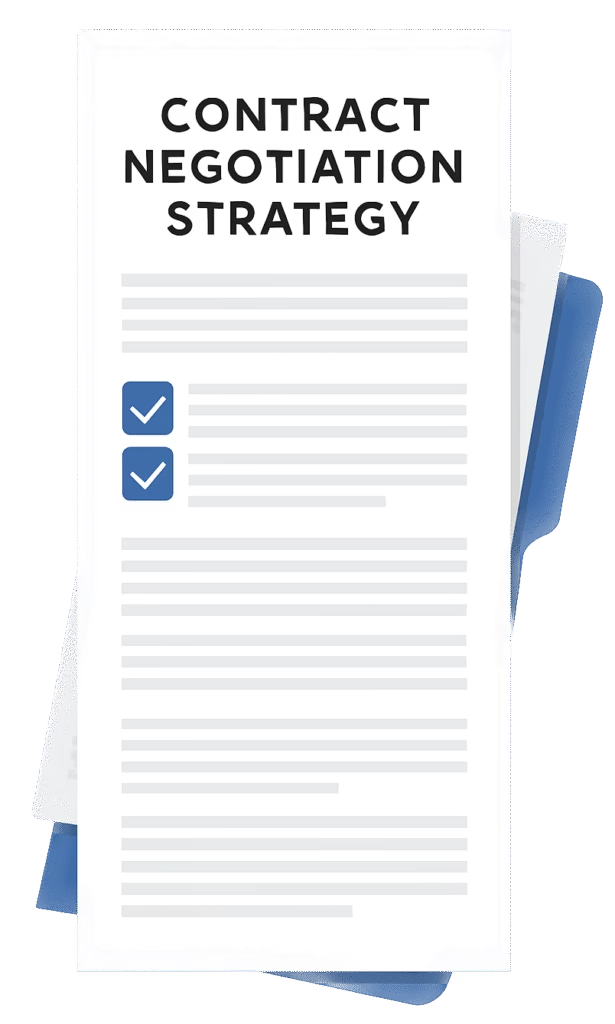9 Key Workplace Health And Safety Obligations Every Nigerian Employer Should Know

Workplace health and safety are paramount for ensuring the well-being of employees and fostering a productive work environment. In Nigeria, there is a strong legal framework which recognises and mandates workplace health and safety. It is imperative that employees in Nigeria understand and know that their health and safety are not only important but also provided for under the law. Here are 9 key obligations every Nigerian employer should know about, related to Health and Safety:
1. Medical Examination:
Employers must ensure that workers are medically examined, particularly those in specific labour health areas at the employer’s expense. This can be a pre-employment requirement, as stipulated for certain types of workers such as those in agricultural undertakings or homes.
2. Provision of Amenities:
Employers are obligated to provide suitable housing, accommodation, and proper sanitary facilities for workers, especially those whose homes are not within a reasonable distance of their workplace. This also includes the supply of food and fuel where applicable.
3. Disease Prevention and Treatment:
Measures must be taken to prevent the spread of infectious and contagious diseases. Employers are expected to arrange for hospital treatment, including necessary medical and surgical facilities, transportation, and accommodation for sick or injured workers.
4. Rest Periods:
When it comes to working hours, the law requires that any worker engaged for six hours or more in a day must be given rest breaks totalling at least one hour. These breaks allow the worker freedom over their time and cannot be used to keep them at the workplace. Employees are also entitled to a full day of rest every seven days. If this weekly rest is shortened, the employer must provide an equivalent rest period within the same week. For young workers under sixteen, the law is even stricter, limiting them to four consecutive hours or eight total hours in a day. In addition, no young person under eighteen may be employed at night, which is defined as a stretch of at least twelve hours covering 10 p.m. to 6 a.m. or 11 p.m. to 7 a.m., depending on the type of work.
Generate A Free Contract Negotiation Strategy Document
Create a comprehensive contract negotiation strategy document using proven frameworks like BATNA, ZOPA, and other negotiation models.

5. Overtime and Sick Leave:
Overtime refers to hours worked beyond normal fixed hours. Employers must pay workers at overtime rates for these additional hours, ensuring that extra work is fairly compensated and not exploited.
On sick leave, the Labour Act provides that employees are entitled to up to twelve working days of paid leave in any calendar year if they are temporarily ill and certified by a registered medical practitioner.
6. Workplace Inspections and Compliance:
Authorized labour officers have the power to enter, inspect, and examine any workplace, factory, or other land to ascertain that conditions relating to labour health, safety, and welfare are being observed. They can also inspect all food provided to workers to ensure it is wholesome and take samples of materials or substances used by the employer to determine their properties.
7. Recruiting and Transportation:
If workers are recruited from one place to another, the employer may be responsible for their transport, maintenance, and expenses. This includes ensuring the safety and health aspects of the journey and the provisions given during travel. Specifically, provisions for food, accommodation, and medical attention during recruitment and journey are covered.
8. Maternity Protection:
Employers have obligations regarding maternity protection for women workers, including the right to leave work if she produces a medical certificate stating her confinement will probably take place within six weeks and the prohibition from dismissing her during her absence or due to notification of dismissal.
9. Night Work and Underground Work (Women):
Women are generally prohibited from being employed on night work in public or private industrial undertakings, or in any agricultural undertaking or branch thereof, with some exceptions. They are also generally prohibited from employment in underground work in any mine.
Conclusion
The Labour Act provides a strong legal foundation for fair treatment of employees in Nigeria and there is strict adherence to these regulations stated by the law. For employers, compliance isn’t just a legal duty, it’s a demonstration of respect for their workforce, which in turn fosters loyalty, reduces turnover, and enhances productivity. By understanding and fulfilling these obligations, employers can build healthier, fairer, and more sustainable workplaces.
As an accomplished lawyer with a background in corporate law practice coupled with interest in Legal research and artificial intelligence, I bring a unique blend of legal intelligence and technological insight to every endeavor.
With a commitment to continuous learning and a forward-thinking approach, I am dedicated to helping organizations and individuals navigate the intersection of law and technology, driving innovation while safeguarding compliance and ethical standards.
- Omowonuola Alabi Esq.
As an accomplished lawyer with a background in corporate law practice coupled with interest in Legal research and artificial intelligence, I bring a unique blend of legal intelligence and technological insight to every endeavor.
With a commitment to continuous learning and a forward-thinking approach, I am dedicated to helping organizations and individuals navigate the intersection of law and technology, driving innovation while safeguarding compliance and ethical standards.




